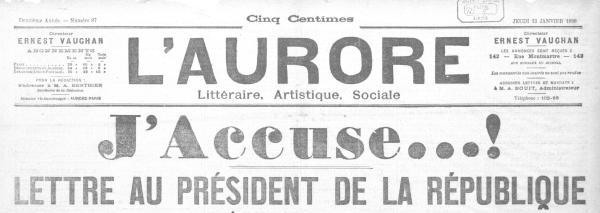At a time when the anti-sexual assault movement is on the rise, the public needs to face not only how to face the "old historical accounts" of the people involved, but also the more difficult question: If they really reform, should they be given a chance? If the answer is yes, then how do you decide if they have reformed? Whose decision-making power falls into the hands of whom?
Last week, several U.S. media reported on the plans for the start of filming for the next work of the famous director Roman Polanski. Compared to Woody Allen, who no longer has actors and studios willing to work with, Polanski is clearly much luckier. Although his case of raping an underage girl would be turned over from time to time to face trial by the media and the public, the old director not only had a film company willing to invest in new works, but also found a group of well-known movie stars who were willing to continue to work with him. However, this time's new film "j'accuse", from the title to the theme, seems to imply the meaning of complaining about their grievances and defending themselves.

In 1898, Zola wrote to the newspaper l'aurore for Dreyfus, and from then on, the newspaper's front page was headlined "j'accuse...!" (I complain) became a famous phrase in French
Readers familiar with French history will know at a glance that "I Accuse" is adapted from the famous Dreyfus Incident more than a hundred years ago. The French officer played by the French actor Louis Garrel was falsely accused of treason as a spy and exiled to the outer islands, and after the unremitting efforts of the famous writer Zola and others, more than a decade later, Dreyfus finally recovered his reputation. Today, Polanski, who is jewish like Dreyfus, chooses to shoot such a subject at such a time, and it is difficult not to think about it. As a result, criticism of him for scolding and unrepentant opinions quickly spread across social networks.
A few days ago, the website of the American "Gentleman" magazine also published an article by reporter Gabriel Brune attacking Polanski. She sees Polanski as "another celebrity after Louis C.K., Casey Affleck and Charlie Rose who tried to make a comeback in the '#metoo I Too' era," and denounces new films like I Accuse at all of what we need today. Unexpectedly, in this context, it was no one else who took the lead in defending Polanski and fighting back against the article, but samantha geimer, the victim of rape by the director.
Gammer said on Twitter: "For Roman, there is hardly a comeback in #metoo the 'me too' era. "Gentleman" you can also do this, attacking a person who has already apologized and compensated many years ago. I've grown up, so why can't you? ”
This is also not the first time Samantha Gemmer has defended Roman Polanski. On several occasions in the past, she has publicly appealed to the outside world to let go of the past and stop dwelling on whether Polanski should be extradited to serve his sentence in the United States. In an interview with the media earlier this year, she also revealed that Polanski had written a letter of apology to her in his own handwriting. "This letter means a lot to those around me who care about me; so, it can be said that it means a lot to me as well. Whatever it is, as long as it makes my mother feel better, for me, it is something that needs to be grateful. ”
Back in 1977, it was her mother who sent Samantha Gammer to the home of actress Jack Nicholson, where Polanski, who was waiting there, took a set of art photos for her daughter. As a result, according to Samantha, the director poured her champagne, ate stimulants, and forced indecency. In 1978, the director, who feared that he would be imprisoned, fled the United States and has been living in Europe ever since, exactly forty years. Earlier this year, Polanski was removed from the Academy of Motion Picture Arts and Sciences, and compared to what they awarded him in 2002 for best director ("The Pianist"), it is impossible to help but sigh: times are indeed different.